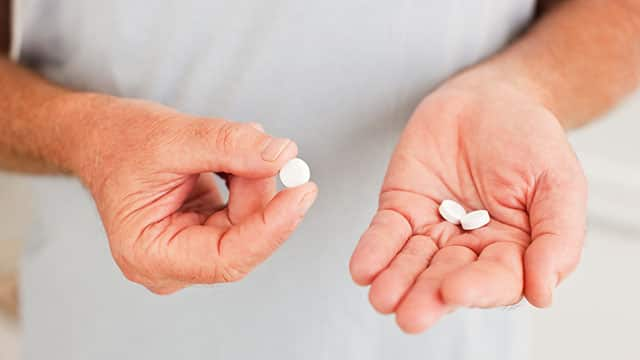Beyond damage and decay, here are some other common reasons for tooth removal:
- Some people have extra teeth that block other teeth from coming in.
- Sometimes baby teeth don't fall out in time to allow the permanent teeth to come in.
- People getting braces may need teeth extracted to create room for the teeth that are being moved into place.
- People receiving radiation to the head and neck may need to have teeth in the field of radiation extracted.
- People receiving cancer drugs may develop infected teeth because these drugs weaken the immune system. Infected teeth may need to be extracted.
- Wisdom teeth, also called third molars, are often extracted either before or after they erupt in the mouth. They commonly come in during the late teens or early 20’s. They need to be removed if they are decayed, infected, or if there is not enough room in the mouth.
Understanding
There are two types of extractions:
- A simple extraction: This is performed on a tooth that can be seen in the mouth. General dentists commonly do simple extractions. In a simple extraction, the dentist loosens the tooth with an instrument called an elevator. Then the dentist uses an instrument called forceps to remove the tooth.
- A surgical extraction: This is a more complex procedure, which is used if a tooth may have broken off at the gum line or has not erupted in the mouth. Oral maxillofacial surgeons typically perform this procedure, though general dentists can also perform them. The doctor makes a small incision (cut) into your gum to surgically remove the broken tooth or impacted wisdom tooth. It may be necessary to remove some of the bone around the tooth or to cut the tooth in half in order to extract it.
Most simple extractions can be done using just an injection (a local anesthetic); you may or may not receive drugs to help you relax. For a surgical extraction, you will receive a local anesthetic, and you may also have anesthesia through a vein (intravenous). Some people — such as patients with specific medical or behavioral conditions and young children — may need general anesthesia.
If you are receiving conscious sedation, you may be given steroids, as well as other medicines in your intravenous sedation line. The steroids help to reduce pain and swelling after the procedure.
During a tooth extraction, you can expect to feel pressure, but no pain. If you feel any pain or pinching, tell your dentist.
Planning
Having a tooth taken out is a surgical procedure. You can expect some mild discomfort even after simple extractions. Research has shown that taking drugs that include ibuprofen, such as Advil, Motrin and others, can greatly decrease pain after a tooth extraction. Take the dose your doctor recommends, 3 to 4 times a day. Take the first pills before the local anesthesia wears off, and continue taking the mediations for 3-4 days following or as your dentist has recommended.
Surgical extractions generally cause more pain after the procedure than simple extractions. The level of discomfort and how long it lasts will depend on how difficult it was to remove the tooth. Your dentist may prescribe pain medicine for a few days. Most pain disappears after a couple of days.
Here are a few tips to help minimize your discomfort and speed recovery:
- You can put ice packs on your face to reduce swelling. Typically, they are left on for 20 minutes at a time and removed for 20 minutes. If your jaw is sore and stiff after the swelling goes away, try warm compresses.
- Eat soft and cool foods for a few days.
- A gentle rinse with warm salt water, started 24 hours after the surgery, can help to keep the area clean. Use one-half teaspoon of salt in a cup of water. Most swelling and bleeding ends within a day or two after the surgery. Complete healing takes at least two weeks.
- You should not smoke, use a straw or spit after surgery. These actions can pull the blood clot out of the hole where the tooth was.
If you need stitches, your doctor may use the kind that dissolves on their own. This usually takes one to two weeks. Rinsing with warm salt water will help the stitches to dissolve. Some stitches need to be removed by the dentist or surgeon.
Call your dentist or oral surgeon if:
- The swelling gets worse, instead of better.
- You have fever, chills or redness.
- You have trouble swallowing.
- You have uncontrolled bleeding in the area.
- The area continues to ooze or bleed after the first 24 hours.
- Your tongue, chin or lip feels numb more than 3 to 4 hours after the procedure.
- The extraction site becomes very painful -- This may be a sign that you have developed a dry socket.
Oral Care Center articles are reviewed by an oral health medical professional. This information is for educational purposes only. This content is not intended to be a substitute for professional medical advice, diagnosis or treatment. Always seek the advice of your dentist, physician or other qualified healthcare provider.
ORAL HEALTH QUIZ
What's behind your smile?
Take our Oral Health assessment to get the most from your oral care routine
ORAL HEALTH QUIZ
What's behind your smile?
Take our Oral Health assessment to get the most from your oral care routine














